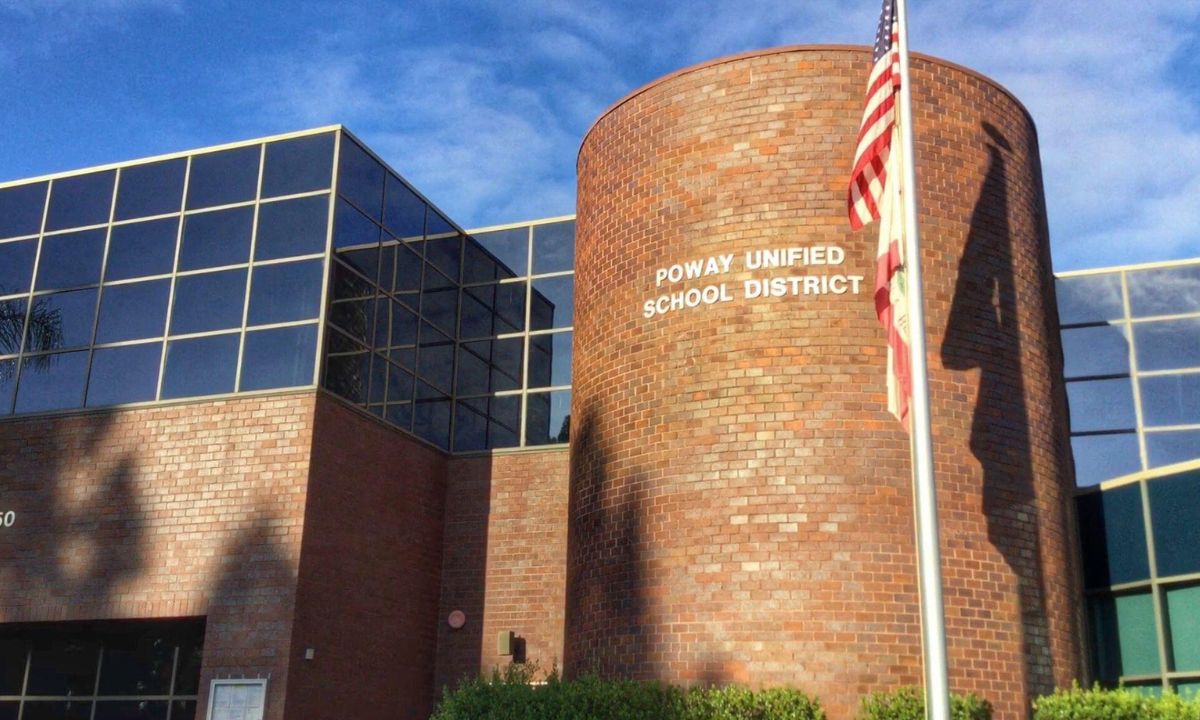In a landmark ruling that clarifies the intersection of free speech and social media for public officials, the Supreme Court on Friday unanimously decreed that officials may, under certain circumstances, face lawsuits for blocking critics on social media platforms. This decision comes against the backdrop of previous legal challenges, most notably one involving former President Donald Trump and his practices on Twitter, now rebranded as X.
Justice Amy Coney Barrett, authoring the opinion, delineated a nuanced stance acknowledging the complexity of officials’ use of social media for both personal and official communications.
Barrett highlighted that while public figures possess private lives and constitutional rights, their interactions on social media platforms, especially when making official announcements or statements, should not exempt them from scrutiny or criticism by the public.
The court, thus, navigated the delicate balance between the free speech rights of both officials and their constituents within the ever-evolving digital landscape.
The decision was prompted by lawsuits stemming from actions by school board members in Southern California’s Poway Unified School District and a city manager in Port Huron, Michigan.
These cases echoed the scenario of Trump’s approach to blocking critics, sparking a legal debate that ascended to the Supreme Court after Trump’s term concluded.
The Supreme Court’s intervention was necessitated by inconsistent rulings from appeals courts in San Francisco and Cincinnati regarding the criteria that distinguish personal accounts from official ones.
Rejecting the binary choices presented by the lower courts, the Supreme Court established a guideline, urging appeals courts to reassess the cases with a focus on whether officials intend their social media posts to represent government speech and whether they allow public interaction on these platforms.
In detail, the case from California involved Poway Unified School District Board of Trustees members Michelle O’Connor-Ratcliff and T.J. Zane.
Both used their personal social media accounts to engage with constituents, leading to a confrontation with parents Christopher and Kimberly Garnier, who were blocked after posting critical comments.
The 9th U.S. Circuit Court of Appeals sided with the Garniers, ruling the board members’ actions infringed on the parents’ free speech rights.
Conversely, the Port Huron case revolved around city manager James Freed’s decision to block resident Kevin Lindke from his personal Facebook page, which served as a medium for public communication as well as personal reflections.
Lindke’s critical comments on the city’s COVID-19 response led to his blocking, but the 6th U.S. Circuit Court of Appeals ruled in favor of Freed, distinguishing his page as a blend of personal and professional content.
The Supreme Court’s ruling arrives amidst broader considerations of social media’s role in public discourse, including upcoming cases examining state laws aimed at regulating social media platforms’ content moderation practices, and challenges to the federal administration’s efforts to address misinformation on critical issues like COVID-19 and election security. These developments underscore the ongoing negotiation of digital rights and responsibilities in a democracy, setting precedents for how public officials can interact with citizens in the digital age.

